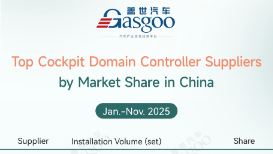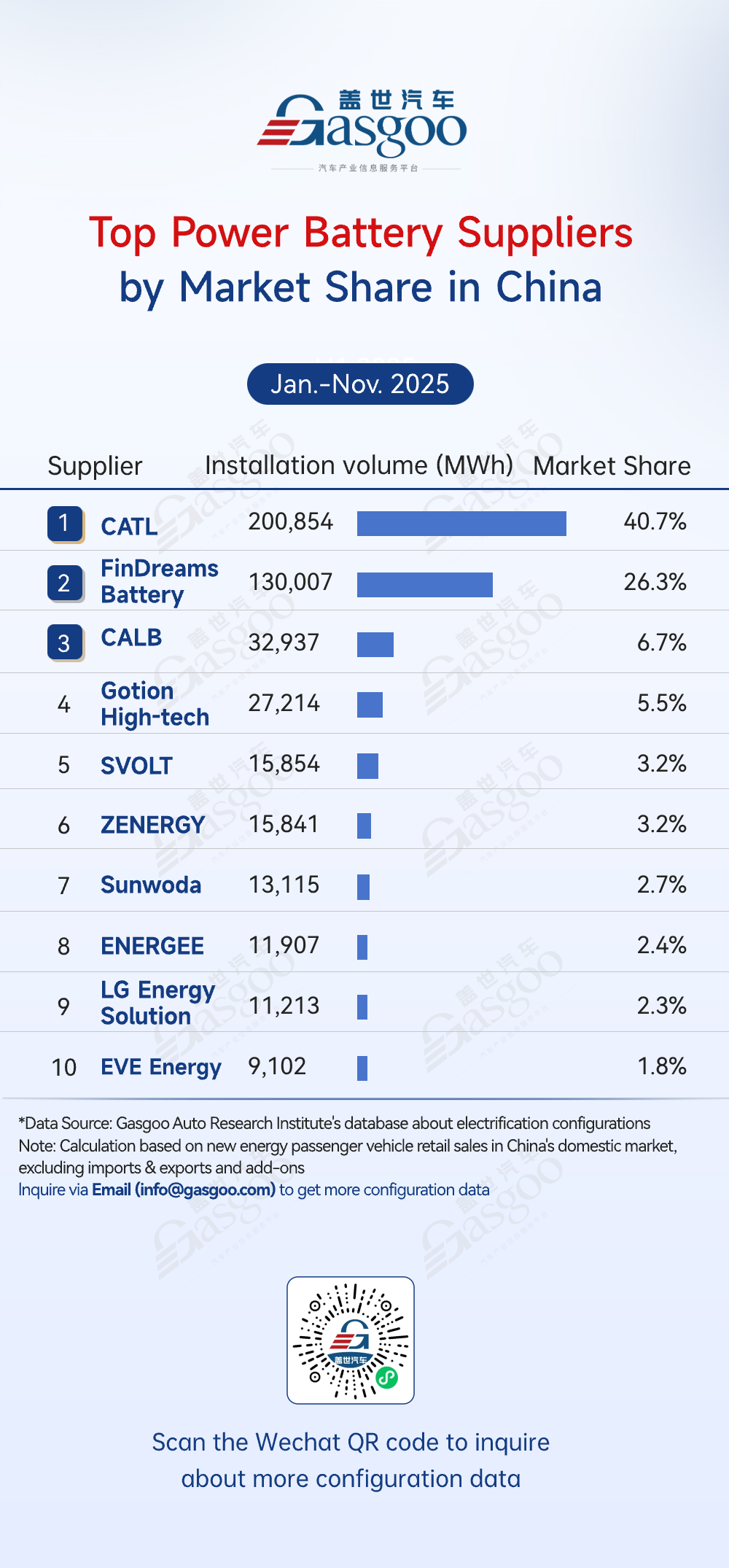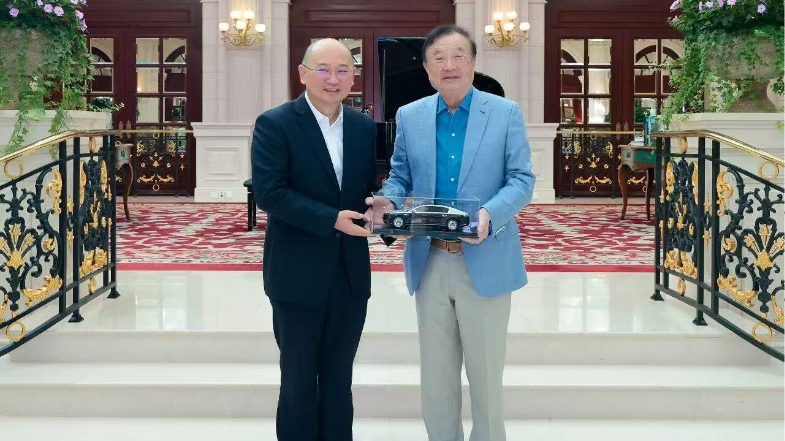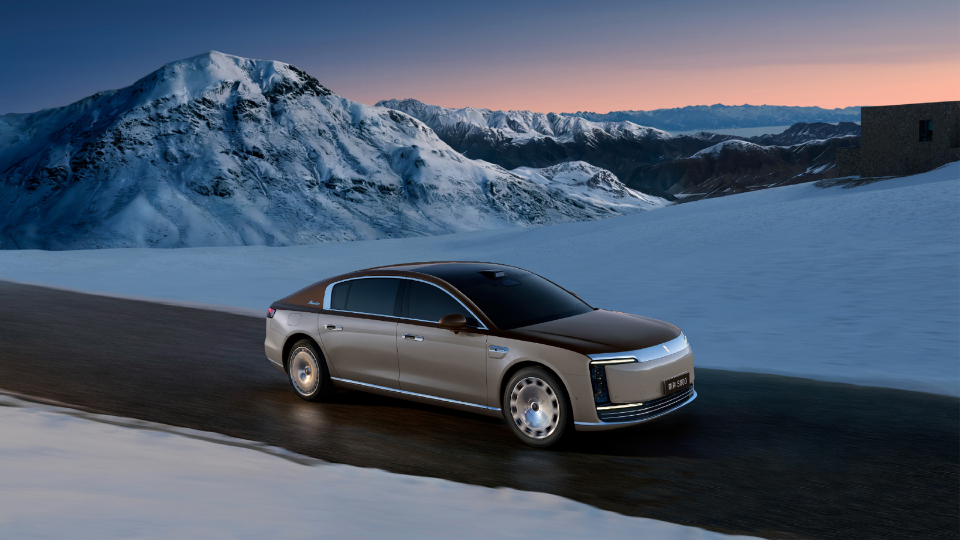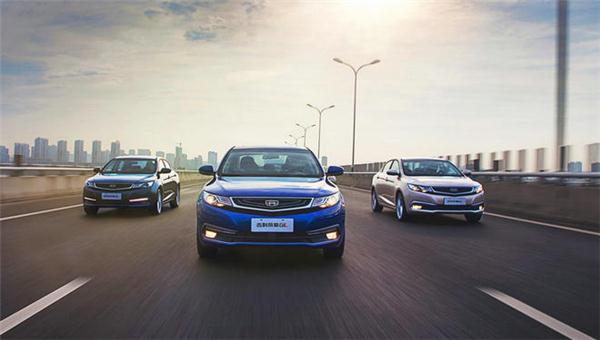
Korean brands and domestic own brand manufacturers have been continuously vying for a slice of the Chinese automotive market. The two segments are often in direct competition with each other. According to a report appearing on cb.com.cn which cited statistics from the China Association of Automobile Manufacturers, Korean automobile manufacturers’ combined market share fell from 6.5% in the first quarter of last year to 4.6% to the first quarter of this year, while own brands’ market share increased by 0.8% to 45.7% over the same time frame.
Beijing Hyundai and Dongfeng Yueda Kia, which have been operating in the country for around 15 years, are working hard to ensure that they don’t continue to lose any further market share. Both joint ventures are focusing on further boosting their presences in the SUV market and developing models targeted specifically at the China market.
“Beijing Hyundai has always capitalized on its strengths to dominate the SUV market,” Wu Zhoutao, Beijing Hyundai’s vice presidents and deputy head of sales stated, adding that the JV is currently selling four SUV models: the New Santa Fe, the New Tucson, ix35 and ix25. In addition to its presence in the SUV market, the manufacturer also remains committed to releasing compact sedan models. At the recently concluded Shanghai Auto Show, the manufacturer announced the next generation ix35 and Mistra, while also emphasizing that it will continue to release larger, more luxurious and better connected vehicles. Beijing Hyundai is also focusing efforts on boosting its localization program, with more resources being devoted to domestic R&D, production and sales work.
However, Korean manufacturers are now having to deal with resurgent domestic own brand makers, which are eating into their market share. This trend has been especially noticeable in the increasingly lucrative SUV segment, with brands such as Great Wall, Changan, Geely and GAC’s Trumpchi all performing very strongly. Even in the sedan segment, where Chinese manufacturers traditionally fare rather poorly, Geely’s Emgrand brand has managed to make the top ten sales charts.
“Beijing Hyundai has certainly had to deal with increasing pressure from own brand manufacturers,” revealed Beijing Hyundai Sales Management Director Pan Jingtao, who added that “pressure and competition are good things.” Mr. Pan explained that there are many aspects in which Beijing Hyundai can learn from own brands, citing successful pushes by own brands towards intelligent technology, renewable energy and increased connectivity with the Internet, while also adding that own brands’ interior design and sense of aesthetics are more in tune with the demands and preferences of Chinese consumers. He explained that these aspects were crucial in the design of new Beijing Hyundai models targeted at the China market, like the next generation ix35.
Mr. Pan went further to describe how Chinese manufacturers have better adapted to real-world market conditions: “Own brand manufacturers have managed to better install themselves in smaller markets, setting up networks incredibly fast. We are working very hard to keep up with them; in the last five months we have already opened 300 dealers in villages and towns. Our annual target is to have 500 such outlets in operation by the end of the year, which means that we will enable us to possess a network of over 500 dealers.”
It is hard to overemphasize the importance the SUV segment has had in turning the fortunes of own brand manufacturers. According to the China Association of Automobile Manufacturers, a total of 9.04 million SUVs were sold in 2016, representing year-on-year growth of 44.59%. Among the top ten SUV makers in the China market, six spots were claimed by own brand manufacturers.
Korean manufacturers have also taken notice of this trend. “The Chinese SUV market has developed very rapidly, with annual growth rates of near 50% that are far ahead of the market average,” Mr. Wu pointed out, adding that in only three years SUV sales have gone from accounting to less than a quarter of all automobile sales in the country to around 45%. Mr. Wu stated Beijing Hyundai’s commitment to the market, with the new ix35 to help fill the gap between the ix25 and New Tucson, which will allow Beijing Hyundai to target a new level of consumer. The ix35’s attractive sub-150,000 RMB price point is one of its most appealing aspects.
For its part, fellow Korean-affiliated JV Dongfeng Yueda Kia has garnered attention with the release of its newest SUV, the KX7. JV General Manager Su Nanyong explained that the KX7 adds to Dongfeng Yueda Kia’s already impressive repertoire of SUVs, which also includes the KX5, KX3 and Sportage-R.
Despite the undeniable effort that Korean manufacturers are putting into enhancing their presence in China, how they will fare in 2017 is still a matter of debate. Policies releasing to taxes for low emission vehicles have influenced Beijing Hyundai’s sales, while recent political events have further hindered market performance. Add to that the increasing challenge posed by own brand manufacturers, and this year may prove to be very challenging for Korean manufacturers indeed.






